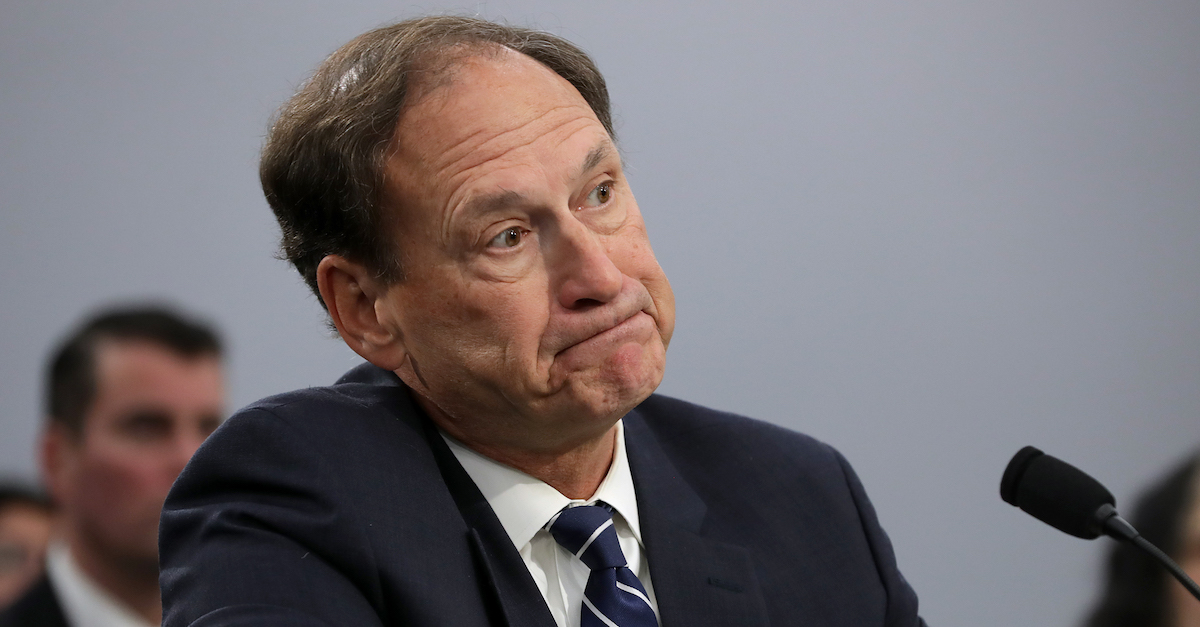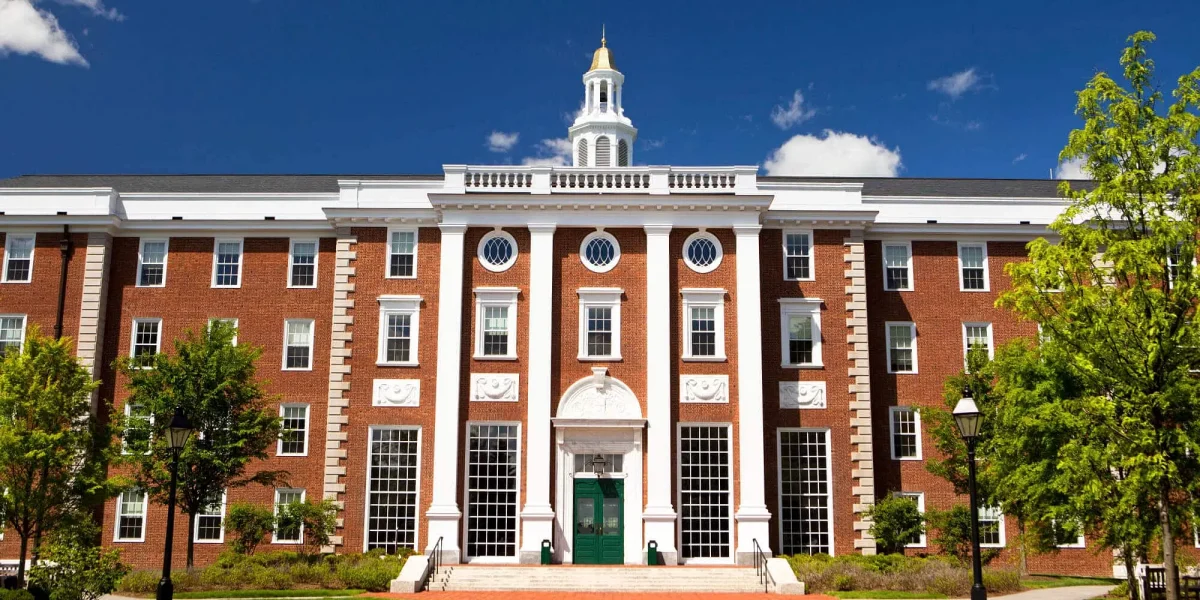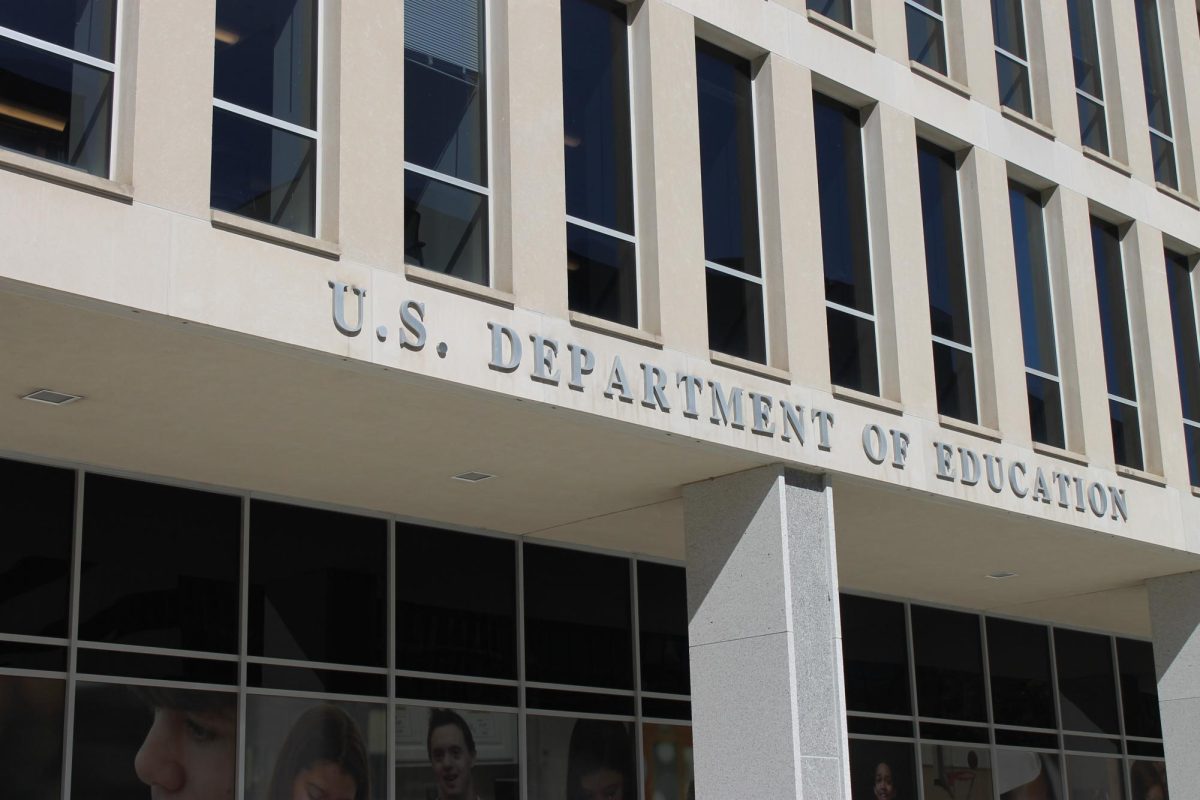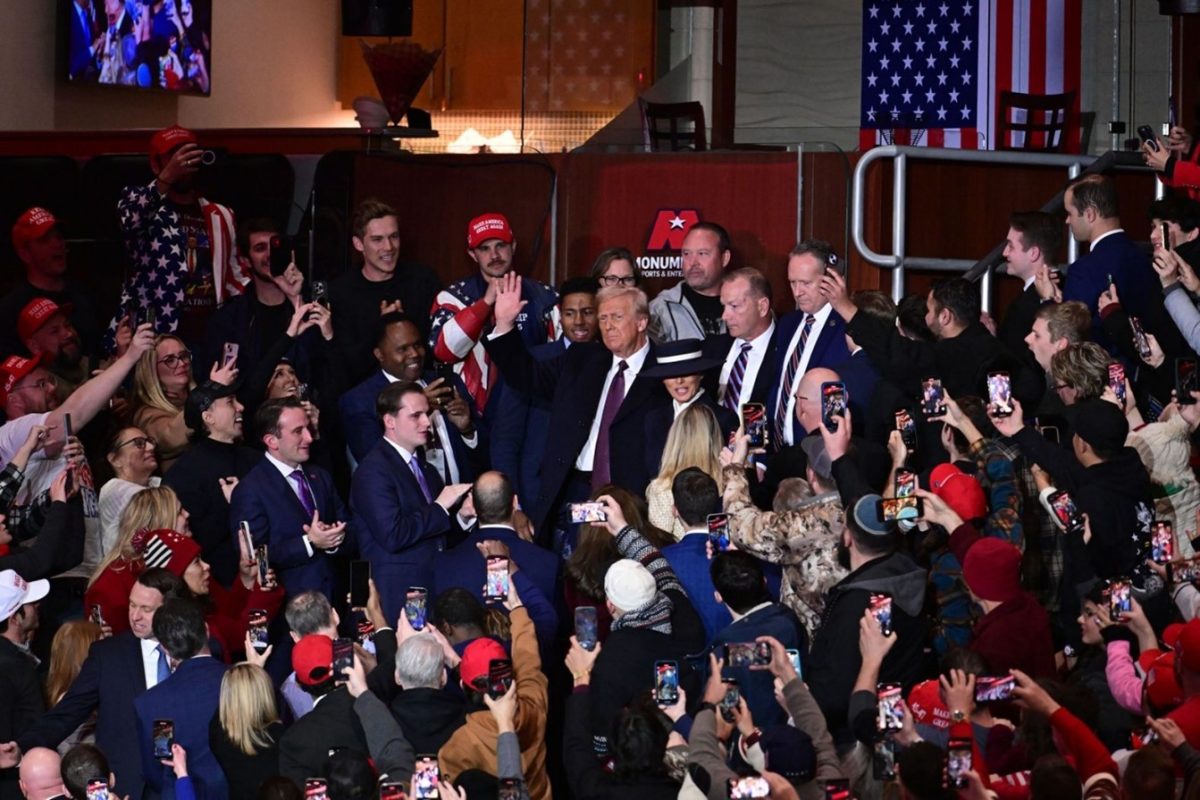To say that today’s Supreme Court is not up to standard would be an understatement. Samuel Alito’s display of flags associated with the “Stop the Steal” movement over his residences is just another marker of the Court’s fall from grace.
Everything about the Court’s structure, rooting back to our constitutional framers, indicates its intended higher stature as an ethical guide—a sort of national moral compass. The Court is unique in that unlike the leading institutions of the other branches of government, its members are appointed, not elected. The job of a Justice is designed to be above the political fray, not concerned with campaigning but with interpreting the law and maintaining the sanctity of the constitution.
It’s for this same reason that Justices have no term limits. In theory, rather than worrying about maintaining a position on the Court, Justices may instead settle into their jobs and devote themselves fully to the cases presented before them.
While it may be true that the Court has taken measures to regain its old noble dignity in recent years, like (finally) writing a Code of Conduct, the measures simply aren’t enough when they can’t be effectively enforced.
For example, for Alito to not only show bias by flying partisan flags, but for those flags to pertain to current cases before the Court, is a clear violation of the Code of Conduct, which clearly states that “A Justice should not knowingly make public comment on the merits of a matter pending or impending in any court.” Flying a flag for the world to see certainly feels like the most public of comments.
Furthermore, Alito’s subsequent refusal to recuse himself from January 6 related cases is akin to stomping on the code and throwing it in a paper shredder. To sign the code that says, “A Justice should disqualify himself or herself in a proceeding in which the Justice’s impartiality might reasonably be questioned” and then refuse to comply must have Justice John Marshall rolling in his grave. If flying a flag for one side of a case doesn’t constitute a display of impartiality, it’s hard to imagine what would.
The problem of the Court’s moral corruption isn’t exclusive to Alito. The writing of the Court’s ethics code rooted from the discovery that Justice Clarence Thomas didn’t disclose lavish gifts from known wealthy conservatives, including private jet flights, vacations, and VIP passes to sporting events. To have the partisan interests of billionaires in the ear of a Supreme Court Justice is a gross violation of the esteemed, unbiased, elegance the Court is supposed to stand for.
The issue is not a partisan one—violations have occurred on both sides of the aisle. When Ruth Bader Ginsburg served on the Court, she criticized Donald Trump’s candidacy prior to the 2016 election, remarking, “I don’t even want to think about that possibility [of Donald Trump becoming president].”
As a member of a (supposedly) apolitical body, it is simply not the job of a Supreme Court Justice to comment on an election, unless commenting on a matter directly related to a case before the Court. Ginsburg’s comments would be in violation of the later adopted Code of Conduct, which states that a Justice should not “publicly endorse or oppose a candidate for public office.”
The ethical lapses that plague the Supreme Court must be stopped. How can the Court be the moral guide of our nation, guardian of our constitution, if it can’t even guard itself from corruption? Can we comfortably leave the decision-making power over what we value most dearly, rights like speech, religion, and democracy itself to this Court?
The Supreme Court, as seen through landmark cases like Marbury v. Madison and Brown v. Board of Education, had the independent power to change the course of history. The question is whether we can trust it do so fairly. At the moment, the answer leans toward a “no.”
The Code of Conduct is a good start, but without being enforced it is meaningless. For a court that decides the rule of law, it is time to start following it.









